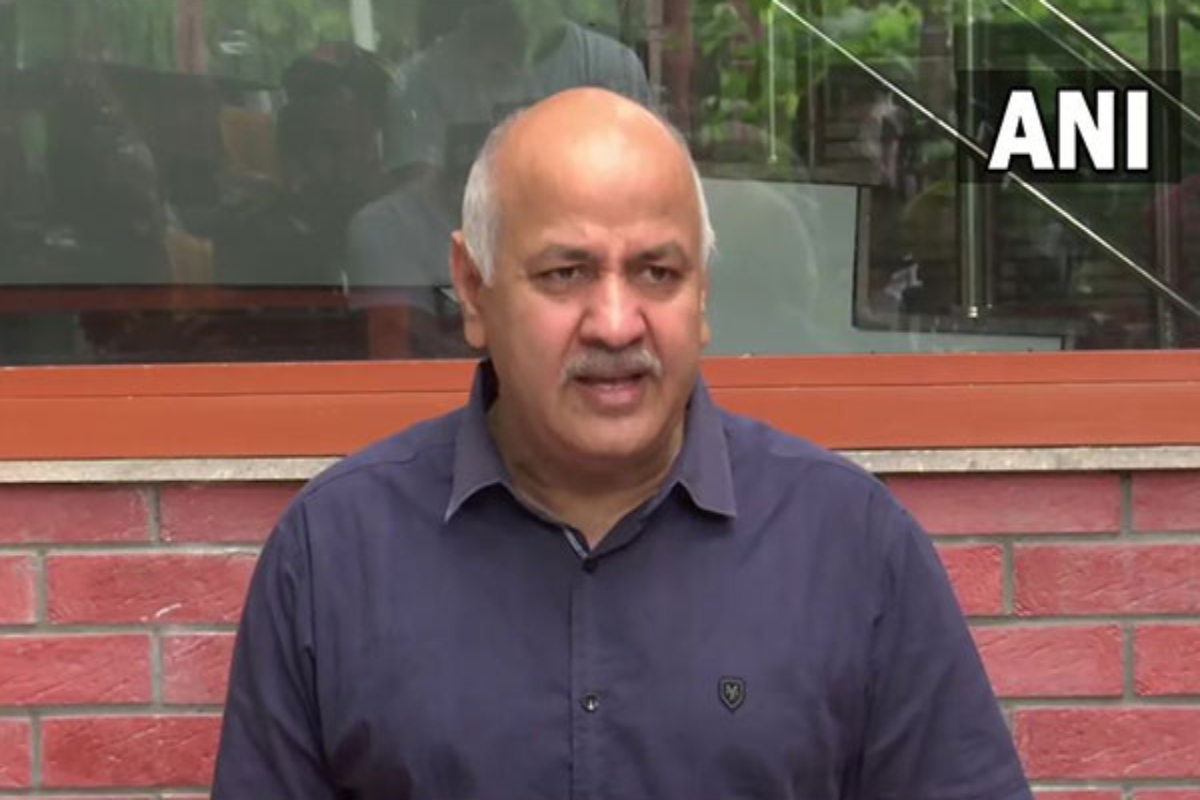The Rouse Avenue Court in Delhi, on Monday, further extended jailed former deputy chief minister Manish Sisodia’s judicial custody for 14 more days till April 3, by the Central Bureau of Investigation (CBI) in connection with the now-scrapped excise policy case.
On Friday, the court extended the AAP leader’s Enforcement Directorate (ED) custody in the same case till March 22. After the CBI arrested Sisodia on February 26, the ED also arrested him in the same case on March 9.
Advertisement
The ED had arrested the AAP leader after questioning him for eight hours inside the Tihar jail as part of its money laundering probe into the alleged irregularities in the 2021-22 excise policy of Delhi, officials said.
On March 6, Special Judge MK Nagpal of the Rouse Avenue Court sent Sisodia to 14 days of judicial custody in the CBI case, which expired on Monday. He is lodged in the National Capital’s Tihar jail.
The court will also hear Sisodia’s bail application on Tuesday, in the same case being probed by the CBI.
During the last hearing in the ED case, the court was apprised by the ED that important details have come up during Sisodia’s custody and he had to confront with other accused persons.
The probe agency had informed the court that voluminous data from Sisodia’s email and mobile, etc is also being forensically analysed.
Sisodia’s counsel, however, had opposed the central agency’s remand plea saying that there is not a whisper from the agency regarding the proceeds of the crime, which is fundamental to the case.
His lawyer had further contended that there is no justification to seeking extension of custody and that Sisodia was confronted only with four people during his earlier custody of seven days.
The ED had said that they need to unearth the modus operandi, the entire scam and confront Sisodia with some other people.
ED’s counsel Zoheb Hossain, while claiming that Sisodia was part of the “money laundering nexus” had said that the movement of tainted money through hawala channels was also being probed.
Hossain had submitted that the policy was formulated to ensure that certain private entities get huge benefits and that one of the biggest cartels was made to operate 30 per cent of liquor business in Delhi.
Referring to the meetings between restaurants’ association and Sisodia, the ED alleged that relaxations were afforded to the restaurants in excise policy like reducing the legal age of drinking and other things.
The central agency had argued that Sisodia had destroyed the evidence.
“Within a span of one year, 14 phones have been destroyed and changed,” the agency had claimed.
“Sisodia has used phones purchased by others and SIM cards that are not in his name so that he can use it as a defence later. Even the phone used by him is not in his name,” the ED counsel had submitted.
He (Sisodia) has been evasive from the start, the ED had alleged.
There was a conspiracy behind framing the excise policy. The conspiracy was coordinated by Vijay Nair, along with others and the Excise policy was brought out for extraordinary profit margin for wholesalers, the ED had argued in the court.











